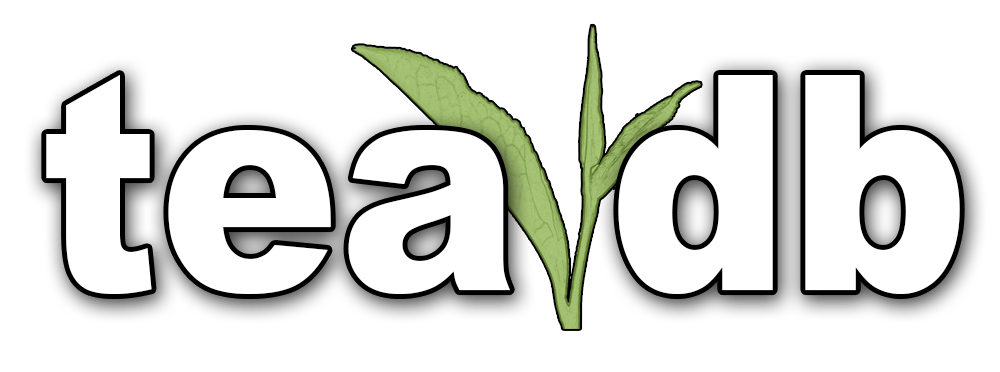This episode James and Denny review an interesting, complex, and unique Balhyocha from Arthur over at Morning Crane Tea. Check out this informative article on Balhyocha from Arthur.
http://teaatmorningcranetea.blogspot.com/2015/03/balhyocha-revisited-embracing-korean.html

Leave a Reply